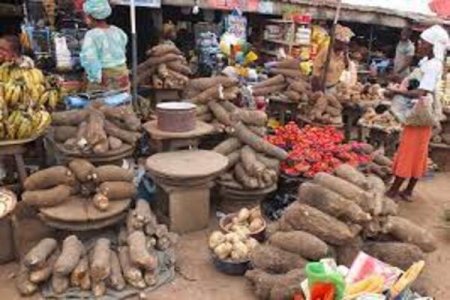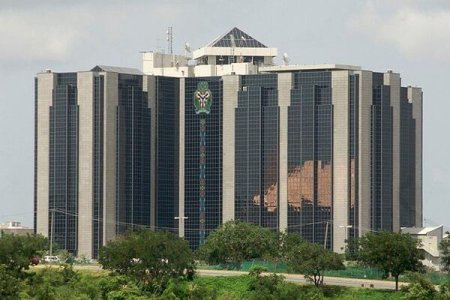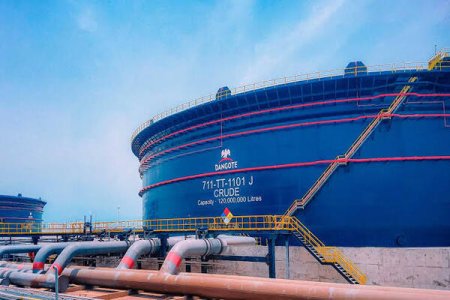
Nigeria's inflation rate hit 33.95% in May 2024, the highest since 2005, piling pressure on households amid economic struggles. Food costs drove the increase, exacerbated by supply issues and forex shortages. The data highlights the persisting challenges facing the new administration.
Nigeria's inflation crisis showed no signs of abating as the headline inflation rate soared to 33.95% in May, the highest level since September 2005, according to data released Saturday by the National Bureau of Statistics (NBS).
The 0.26 percentage point jump from April's 33.69% rate underscores the persistent price pressures weighing on households amid a struggling economy and currency weakness. On a year-over-year basis, May's inflation rate was a staggering 11.54 percentage points higher than the 22.41% recorded in May 2023.
While month-over-month inflation eased slightly to 2.14% from 2.29% in April, the unrelenting overall living costs compounded economic hardship for millions of Nigerians. Rampant inflation has eroded consumer purchasing power, stoked social tensions, and jeopardized President Bola Tinubu's efforts to revive economic growth since taking office last year.
The Central Bank of Nigeria has unleashed a series of aggressive interest rate hikes to curb price growth. Still, analysts argue its monetary tightening campaign has yet to gain full traction amid fiscal policy constraints and enduring structural deficiencies. With GDP growth projections for 2024 already trimmed amid high inflation, the path to economic recovery appears increasingly fraught.






